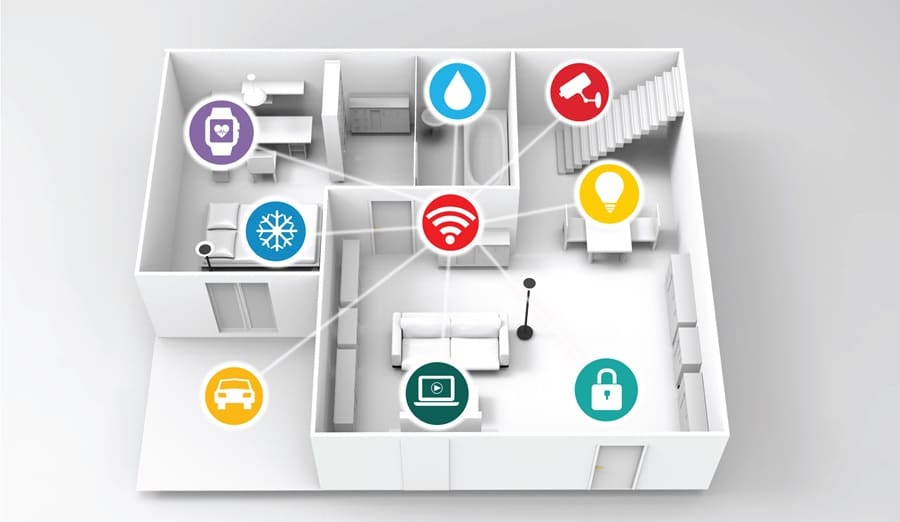Geothermal heating systems have gained traction as a formidable renewable energy source, offering an eco-friendly alternative to traditional heating methods. This article explores the effectiveness of these systems, delving into various aspects such as their environmental impact, efficiency, and cost analysis. By examining the benefits and potential challenges associated with geothermal heating, this discussion aims to provide a comprehensive overview for homeowners considering this technology. The insights offered will not only highlight the operational mechanics of geothermal systems but also compare them with conventional heating solutions, ultimately guiding the reader through the decision-making process.
Contents
Understanding Geothermal Heating Systems
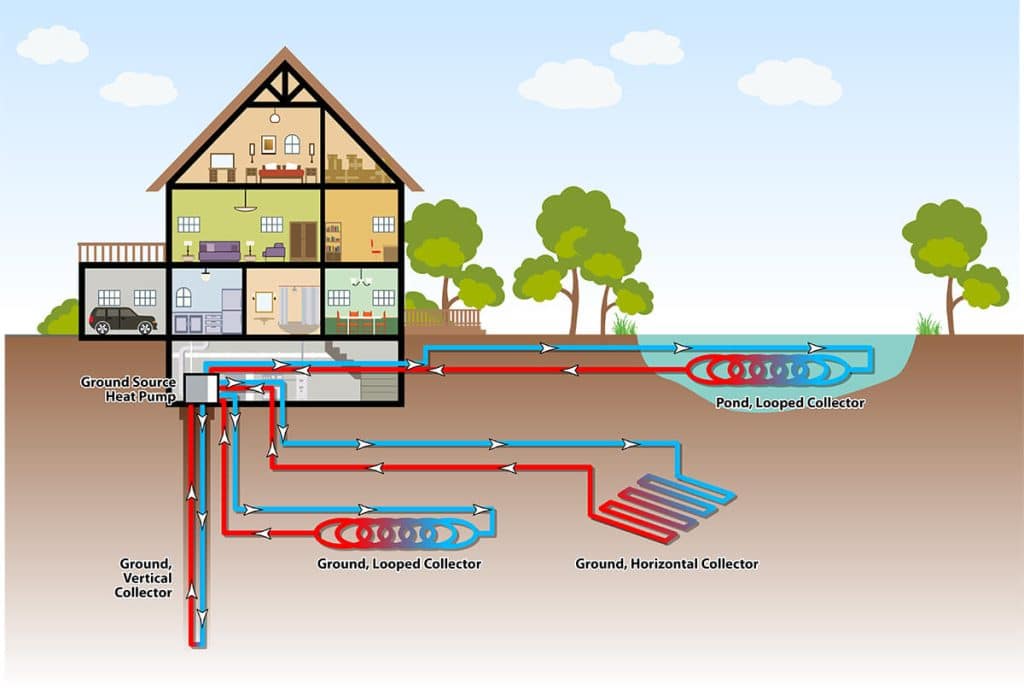
Geothermal heating systems harness the stable underground temperature to heat and cool buildings, presenting a significant leap towards sustainable living. At its core, the system comprises a heat pump, a heat exchanger, and a circulation system, working in unison to transfer heat from the ground into buildings during winter and vice versa during summer. This section will unravel the workings of these components, offering a glimpse into the technology that allows for such efficient energy use. By understanding the mechanics, homeowners can better appreciate the complexities and advantages of installing a geothermal heating system.
The process of heat exchange, pivotal to the system’s operation, relies on the principle that the Earth’s temperature below a certain depth remains constant throughout the year. This constancy provides an endless energy source that geothermal systems tap into, offering a reliable and efficient heating solution. Exploring this process sheds light on why geothermal heating systems are considered among the most energy-efficient heating and cooling methods available today. It also sets the stage for a deeper dive into the environmental and economic impacts of adopting this green technology.
Environmental Impact

Geothermal heating systems stand out for their minimal carbon footprint, especially when compared to fossil fuel-based heating methods. This technology significantly reduces greenhouse gas emissions, aligning with global efforts to combat climate change. The initial section of this discussion will compare the environmental impact of geothermal systems against traditional heating solutions, highlighting the advantages of going green. It’s crucial for homeowners to understand not just the immediate benefits but also the long-term environmental contributions of their heating choices.
Despite their eco-friendly reputation, geothermal systems do raise certain environmental concerns, such as the potential for land use conflicts and effects on groundwater systems. These issues necessitate a balanced view, acknowledging that while geothermal heating offers a cleaner alternative, it is not without its challenges. This part of the discussion aims to present an unbiased look at the environmental implications, providing readers with the information needed to make informed decisions about the sustainability and viability of geothermal heating in their homes.
Efficiency and Performance

The efficiency of geothermal heating systems is often touted as their most significant advantage, with some models capable of achieving 400% efficiency rates. This means for every unit of electricity used to power the system, four units of heat are produced. Such efficiency not only underscores the system’s performance in energy use but also highlights its role in reducing operational costs. This section will delve into the factors that influence geothermal heating efficiency, including soil conditions, system size, and installation depth, offering readers a comprehensive understanding of how these systems achieve such high performance.
However, the effectiveness of geothermal heating can vary significantly depending on the climate and geographical location of the installation. Systems installed in areas with extreme seasonal temperature variations may perform differently than those in more temperate climates. This part of the discussion will explore how geothermal systems adapt to various environmental conditions, providing a realistic overview of what homeowners can expect in terms of performance. Understanding these dynamics is crucial for anyone considering geothermal heating as a viable option for their home.
Cost Analysis

The initial investment for a geothermal heating system often presents a significant barrier to entry for many homeowners. This upfront cost includes the price of the heat pump, the ground loop, and installation labor. However, when evaluating the cost of geothermal heating, it’s essential to consider the long-term energy savings that these systems provide. Over time, the reduction in monthly energy bills can offset the initial expense, making geothermal heating an economically sound choice for those planning to stay in their homes for many years. This section will break down the costs associated with installing and operating a geothermal system, providing a clear picture of the financial commitment required.
In addition to the upfront costs, the long-term savings potential of geothermal heating systems is a critical aspect of their overall value proposition. By comparing the operating costs of geothermal systems to those of traditional heating methods, homeowners can better understand the financial benefits. This analysis will include a discussion on the return on investment (ROI) and the typical payback period, which varies based on energy prices, system efficiency, and usage patterns. Highlighting these financial aspects will help readers make informed decisions about whether geothermal heating aligns with their economic and environmental goals.
Maintenance and Durability
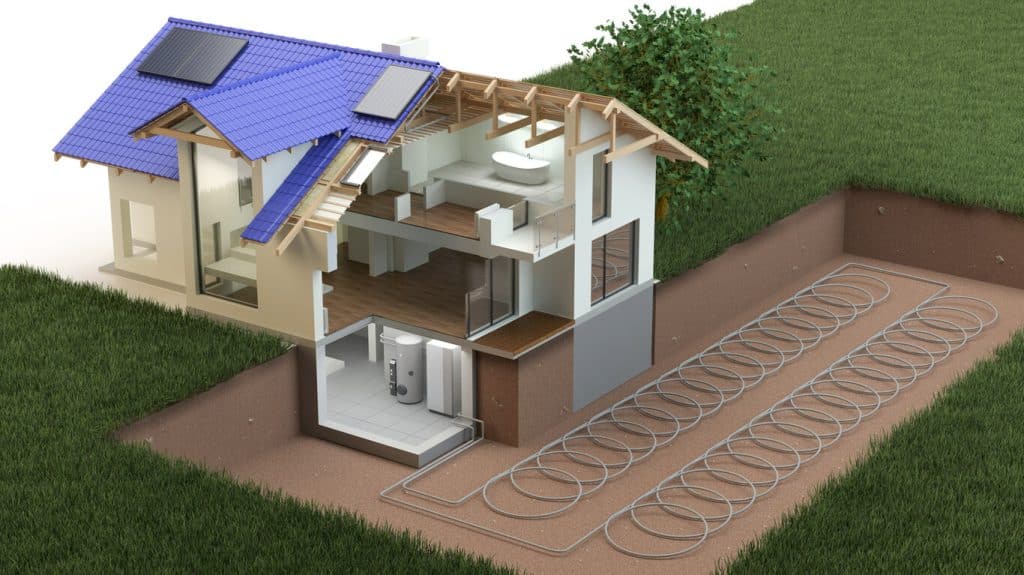
Maintenance requirements for geothermal heating systems are generally lower than those for conventional heating systems. The underground components of a geothermal system are designed for longevity, often lasting 50 years or more, while the heat pump unit itself can last up to 25 years with proper maintenance. This durability is a key advantage, reducing the frequency and cost of repairs. This section will outline the basic maintenance tasks required to keep a geothermal heating system running efficiently, including periodic checks and adjustments by a qualified technician. Understanding these requirements can ease concerns about the system’s complexity and long-term care.
Despite their durability, geothermal systems can encounter issues, such as loop leaks or pump failures, though these problems are relatively rare. Addressing common concerns and troubleshooting methods will equip homeowners with the knowledge to maintain their systems effectively. This part of the discussion will also touch on the warranties typically offered by manufacturers, providing an added layer of security for the investment. By highlighting the reliability and maintenance aspects of geothermal heating, this section aims to further demonstrate the practicality and benefits of these systems for residential use.
Installation Process
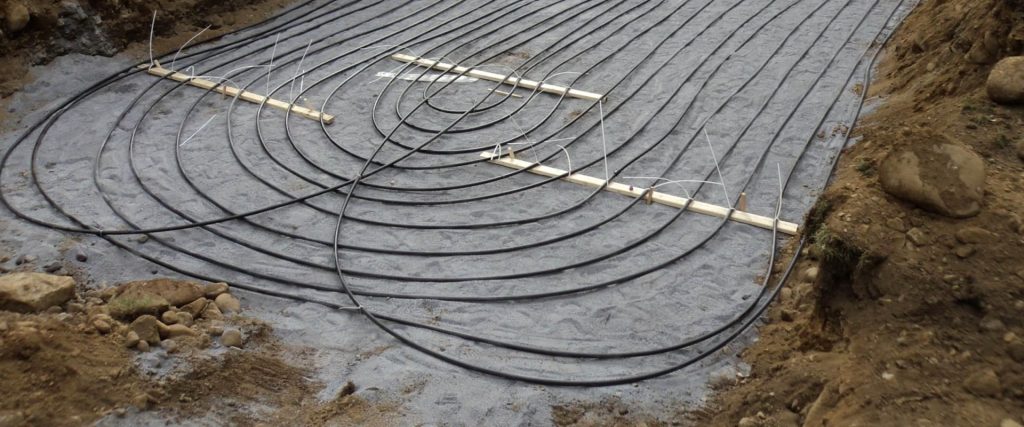
The installation of a geothermal heating system is a complex process that requires careful planning and expertise. It begins with a thorough assessment of the property, including soil conditions, available space, and heating and cooling needs. This initial evaluation is crucial to determine the most efficient system design and the type of ground loop configuration that will be used. This section will walk readers through the installation steps, from site assessment to the drilling of ground loops and system connection, providing a clear understanding of what to expect during the process.
Professional installation is essential for ensuring the system operates at peak efficiency and complies with all local regulations and building codes. The need for specialized equipment and expertise means that homeowners should select a contractor with experience in geothermal installations. This section will also discuss the challenges and considerations that can arise during installation, such as the need for permits and the impact of the landscape on the project’s feasibility. By demystifying the installation process, this section aims to help readers anticipate the steps involved and understand the importance of professional involvement in achieving a successful geothermal heating system setup.
Government Incentives and Policies

Government incentives play a pivotal role in making geothermal heating systems more accessible to homeowners. Various federal, state, and local programs offer tax credits, rebates, and grants to offset the initial cost of installation. This section will review the current incentives available for geothermal heating installations, including how to qualify for them and the potential savings they offer. By taking advantage of these incentives, homeowners can significantly reduce the financial burden of transitioning to a renewable energy source, making geothermal heating a more attractive option.
Policies surrounding renewable energy and geothermal systems are constantly evolving, reflecting the growing emphasis on sustainable living. These policies not only affect the availability of incentives but also guide the development and implementation of geothermal technology. Future legislative changes could further enhance the viability of geothermal heating, encouraging more widespread adoption. This discussion will highlight the importance of staying informed about policy changes and how they impact homeowners considering geothermal heating, underscoring the dynamic relationship between government action and renewable energy adoption.
Comparing Geothermal to Other Renewable Heating Systems
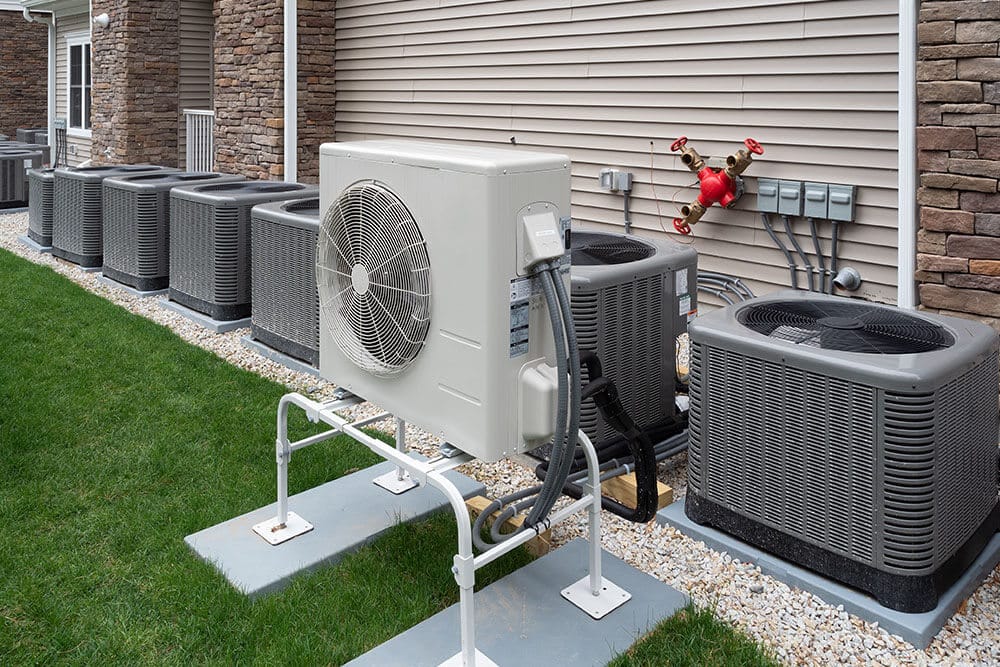
When evaluating geothermal heating, it’s beneficial to compare it with other renewable heating options, such as solar thermal systems and air-source heat pumps. Each system has its unique set of advantages and limitations in terms of efficiency, cost, and environmental impact. This section will provide a comparative analysis, discussing the conditions under which geothermal heating may be the most advantageous choice. By examining factors such as geographic location, energy needs, and financial considerations, homeowners can gain a clearer understanding of how geothermal heating fits within the broader spectrum of renewable energy solutions.
The decision to invest in any renewable heating system requires careful consideration of both the immediate and long-term implications. Geothermal heating systems, while offering considerable benefits in efficiency and environmental impact, may not be the best fit for every situation. This part of the discussion will delve into the scenarios where alternative renewable heating solutions might offer better suitability or value. For instance, in areas where the installation of ground loops is not feasible, air-source heat pumps or solar thermal systems might provide a more practical solution. This comparative approach aims to equip readers with the knowledge to make informed decisions that align with their specific circumstances and sustainability goals.
The Viability of Geothermal Heating Systems
Geothermal heating systems emerge as a compelling solution for those seeking sustainable and efficient home heating and cooling options. This exploration has revealed their numerous benefits, including significant environmental advantages, high efficiency rates, and potential for long-term cost savings, despite the initial financial outlay. While challenges such as installation complexity and upfront costs exist, government incentives and the long-term savings they afford make geothermal technology an increasingly attractive option. As the world shifts towards renewable energy sources, geothermal heating stands out as a practical and environmentally responsible choice for homeowners committed to reducing their carbon footprint and embracing a sustainable future.

